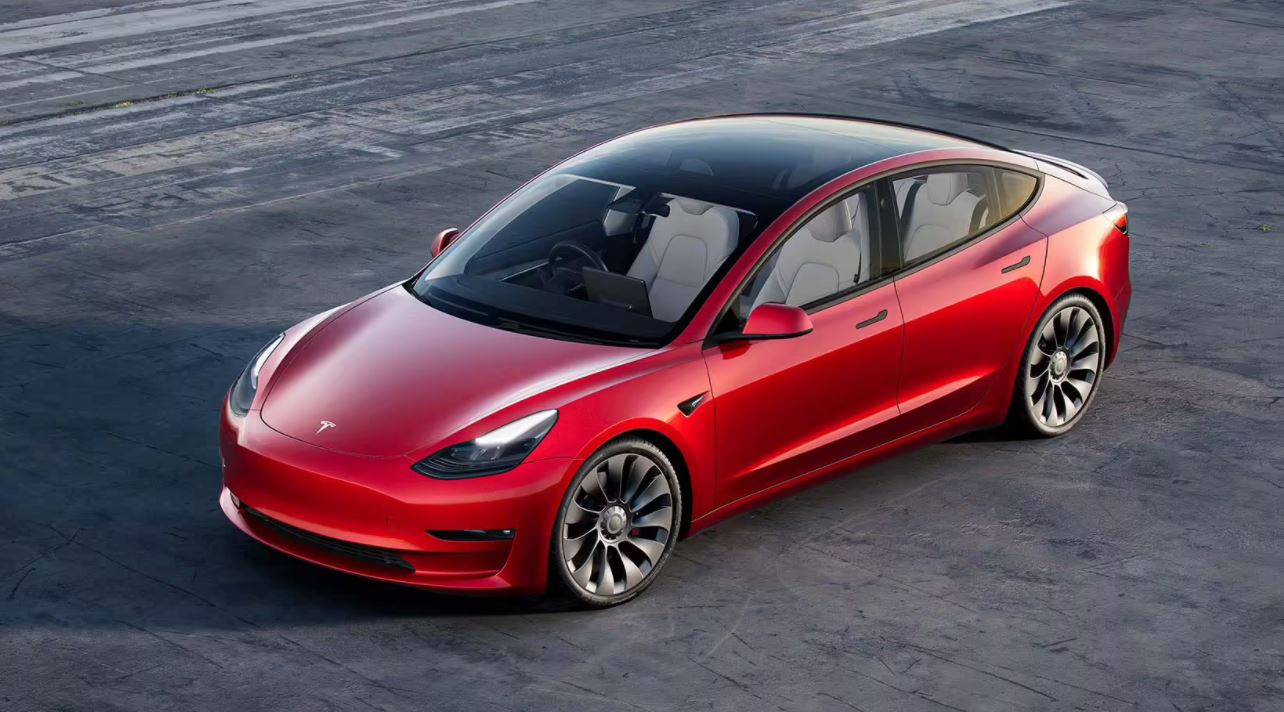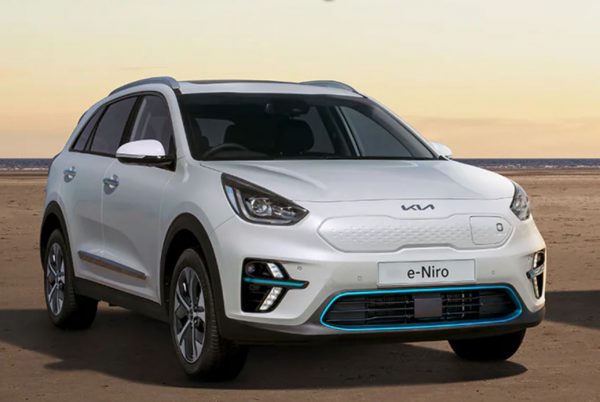How much can alternative fuels actually save you in the long run?

Motor industry experts predict that by the end of the decade, half the new cars sold will be powered by alternative fuels. They will be cheaper to run, but they cost more to buy, so how much can you save and where are the savings made?
The team at Adrian Flux have investigated alternative fuel car costs and the savings that can be made to find out if your hybrid or alternative fuel car really will end up saving you money.
The Nissan Leaf blazed a trail in the world of alternative fuel cars: Picture by Nissan.
What are the alternative fuel car options?
Prince Charles recently revealed that he runs his Aston Martin on surplus English white wine and whey from the cheese process, but that sort of fuel conversion is not possible on a commercial scale.
Alternative fuels include electricity, liquified petroleum gas, hydrogen, methane, biofuels and hybrids, which offer a combination of electricity and petrol or diesel. You can learn more about 8 alternative ways to fuel your car on the Adrian Flux blog.
The upfront costs of alternative fuel cars
Not so long ago if you fancied going green in an electric vehicle you had to buy a strange looking Nissan Leaf. Nowadays the Leaf has morphed into a very stylish looking vehicle, Tesla has arrived and most motor manufacturers have something to offer on the electric front. The market includes everything from the bijou Renault Zoe to the lightning fast Tesla Model 3.
But EVs are more expensive than traditional carbon fuelled vehicles, even after you take into account the £1,500 government sweetener for electrics costing less than £32,000.
Volkswagen’s ID.3, for example, will cost from £32,300 while a similar petrol Golf can be yours for around £24,000. Kiaâs DE-Niro meanwhile comes in at around £35,000 while the Kia Niro Hybrid is around 10 grand cheaper. Thatâs a pretty good indication of how much more you will need to shell out for an alternative fuel car, so where are the savings made?
Where could buying an alternative fuelled car save you money?
The initial outlay for a car powered by alternative fuel is considerably more than you would pay for a petrol or diesel, but you should save money going forward so an EV or alternative fuel car could actually be economically prudent.
Here is a breakdown of the ways you can save money with an electric, hybrid or alternative fuel car.
Vehicle tax
Cars powered by alternative fuels and generating very low emissions are exempt from vehicle tax. On the other hand, if you drive a car with high CO2 emissions you could face an initial road tax bill of £2,135 and annual payments of £145 thereafter.
Maintenance
They are high tech but electric cars have fewer moving parts so there is far less that can go wrong than in a carbon fuelled car, and there are fewer parts that will wear and need replacing. That means your annual service and upkeep will be a lot cheaper.
Go Ultra Low, the government agency promoting electric cars, estimates an EVâs maintenance costs will be around 70% cheaper than those of diesel or petrol cars over their lifetime.
Car insurance
Most mainstream insurers will cover EVs, but your premiums may be a bit higher. In the main, insurers use similar criteria when calculating electric car premiums â the value of the car, how powerful it is, your driving experience, your claim history, and where you live.
Itâs not surprising that premiums are higher for electric cars because they are so much more expensive, and you need specialist parts and specially trained mechanics to fix them.
To get the best deal on insurance for your EV, hybrid, or alternative fuel car you should go to a broker such as Adrian Flux. At Adrian Flux, you will talk to an expert who will look for ways to reduce your premium, rather than increase it. Call 0808 503 6205 for a quick no obligation quote â 79.5% of all customers receiving an online quote in July 2020 could have obtained a cheaper quote over the phone, based on the information they provided.
The congestion charge
Because of their low emissions, electric cars are exempt from Londonâs Congestion Charge and from the Ultra Low Emission Zone charge. That could save you £26.50 a day if you drive in the centre of London regularly.
Government grants
You can get a discount on the cost of a new electric car with a government grant of £1,500. The grant is automatically factored into the car dealership price list.
Another government grant covers up to 75% of the cost of installing an electric car charger at your home. A domestic charging station will charge your electric car quicker than using a traditional three-pronged plug and itâll cost less than at a public charging station. Thereâll be no queuing either!
Whether you have a home charger or you use the public network of charging points, charging your battery will be far cheaper than filling your tank with petrol or diesel so you will save money on every journey you make.
To find out exactly how much you will save, use the Go Ultra Low journey cost calculator.

Kia’s e-Noro: Picture Kia Motors.
How much can buying an alternatively fuelled car save you?
You can expect to pay 20-30 percent more for an electric or hybrid car than for a comparable petrol or diesel alternative. Road tax, maintenance, general running costs, government grants, and exemption from road charges, however, make an alternative fuel an attractive option.
Depending on how often you drive, how far you drive and the style of your driving, you could probably save in the region of £1,000 a year on all round running costs with alternative fuel. Taking the VW ID.3 as an example, it would take around eight years to claw back the extra outlay needed to buy an electric or hybrid as opposed to a carbon fuelled VW.
So, in the long run, you will definitely be quids in if you invest in an alternative fuel vehicle. Youâll just have to get used to driving in silence!







